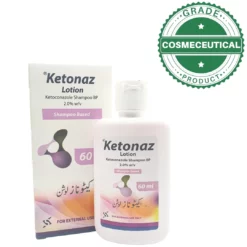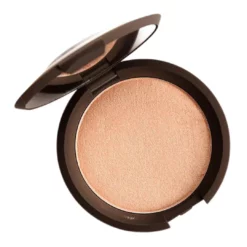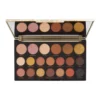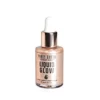What is Ichthyosis? #
Ichthyosis is a family of genetic skin disorders characterized by dry, thickened, and scaly skin. The name comes from the Greek word for “fish” because the skin can resemble fish scales. There are over 20 different types of ichthyosis, each with varying severity and genetic causes.
Causes: #
Ichthyosis arises from mutations in genes that control skin production and shedding. These mutations disrupt the normal process of skin cell turnover, leading to an accumulation of dead skin cells on the surface. This results in the characteristic dry, scaly appearance.
Common Types of Ichthyosis: #
- Ichthyosis vulgaris: The most common type, often causing fine white scales, particularly on the legs and arms.
- X-linked ichthyosis: Primarily affects males and is characterized by larger, darker scales.
- Lamellar ichthyosis: A severe form present at birth, with thick scales covering the entire body.
- Epidermolytic ichthyosis: Another severe type, causing blistering and redness in addition to scales.
Symptoms: #
Symptoms vary depending on the type and severity of ichthyosis. Common symptoms include:
- Dry, scaly skin
- Thickened skin
- Itching
- Cracking and fissuring of the skin
- Redness and inflammation
- Hair loss in affected areas
Diagnosis: #
Diagnosis is typically based on a physical examination of the skin and a review of medical history. In some cases, a skin biopsy or genetic testing may be necessary to confirm the diagnosis and determine the specific type of ichthyosis.
Treatment: #
There is no cure for ichthyosis, but treatments are available to manage symptoms and improve quality of life. These include:
- Emollients: Regular application of thick moisturizers helps hydrate the skin and soften scales.
- Keratolytics: These agents help break down and remove excess skin cells.
- Topical retinoids: Vitamin A-derived creams can help normalize skin cell turnover.
- Systemic retinoids: Oral medications for severe cases.
- Bathing and soaking: Soaking in warm water with bath oils or salts can help soften scales.
- Lifestyle adjustments: Using humidifiers, avoiding harsh soaps, and protecting the skin from the sun can help manage symptoms.
Living with Ichthyosis: #
Ichthyosis can have a significant impact on a person’s quality of life. In addition to the physical symptoms, individuals with ichthyosis may experience emotional and social challenges. Support groups and counseling can be helpful in coping with these challenges.
 KETONAZ LOTION SHAMPOO BASED 60ml
₨ 375
KETONAZ LOTION SHAMPOO BASED 60ml
₨ 375 BEECA SHIMMERING SKIN PERFECTOR IN ROSE QUARTZ 2.6g
₨ 9,563
BEECA SHIMMERING SKIN PERFECTOR IN ROSE QUARTZ 2.6g
₨ 9,563 Pillus Hair Spray 60ml | Anti Hair Fall Spray with Provitamin B5, Vitamin B6, Zinc & Elastin | derma.pk
Rated 4.64 out of 5(11) ₨ 700
Pillus Hair Spray 60ml | Anti Hair Fall Spray with Provitamin B5, Vitamin B6, Zinc & Elastin | derma.pk
Rated 4.64 out of 5(11) ₨ 700 REVOLUTION JEWELS EYESHADOW PALETTE
Rated 4.27 out of 5(15) ₨ 3,295
REVOLUTION JEWELS EYESHADOW PALETTE
Rated 4.27 out of 5(15) ₨ 3,295 PARTY QUEEN LIQUID EYESHADOW 04 ROSE 4ml
Rated 4.40 out of 5(15) ₨ 605
PARTY QUEEN LIQUID EYESHADOW 04 ROSE 4ml
Rated 4.40 out of 5(15) ₨ 605 DERMOFUTURE HAIR AND SCALP PEELING 300ml
Rated 4.55 out of 5(11) ₨ 3,000
DERMOFUTURE HAIR AND SCALP PEELING 300ml
Rated 4.55 out of 5(11) ₨ 3,000






